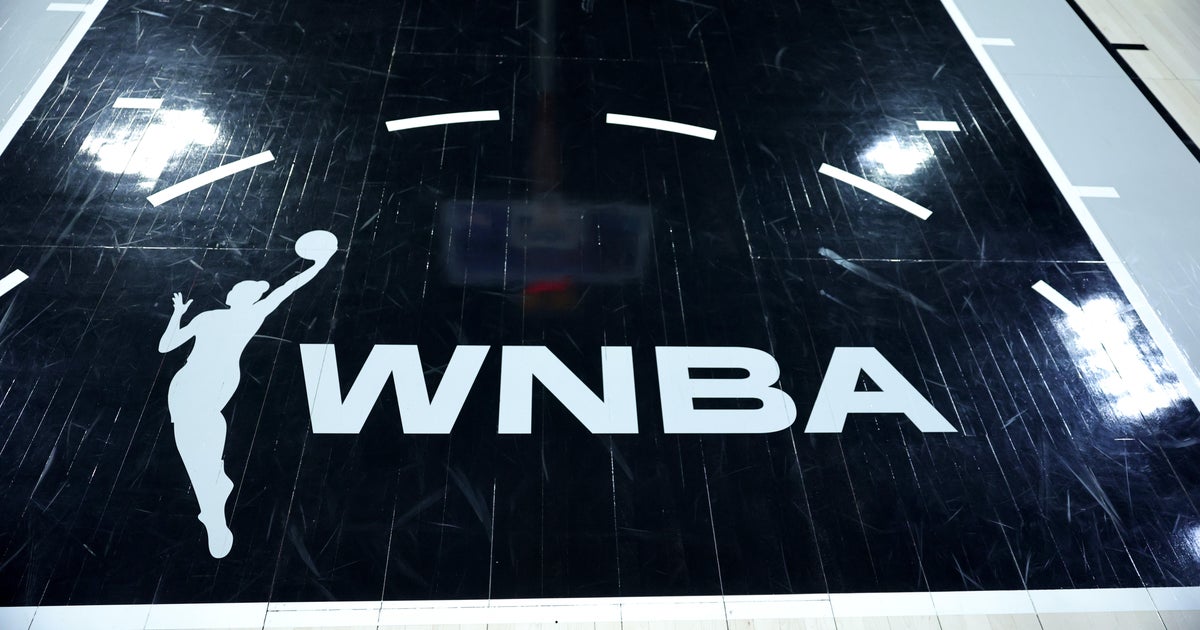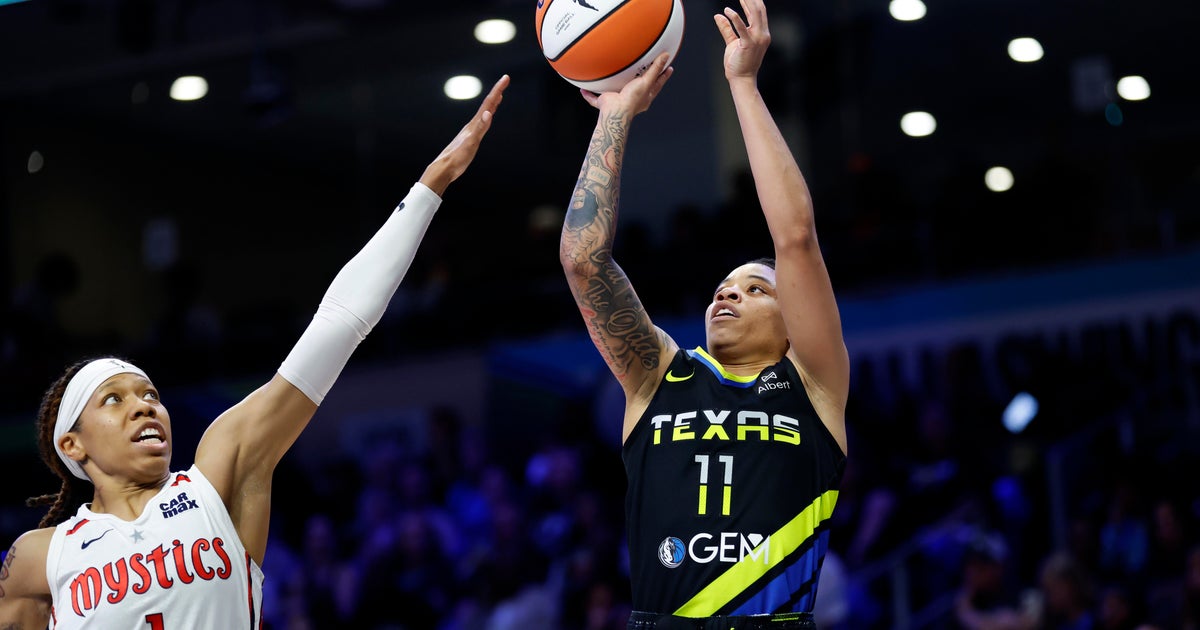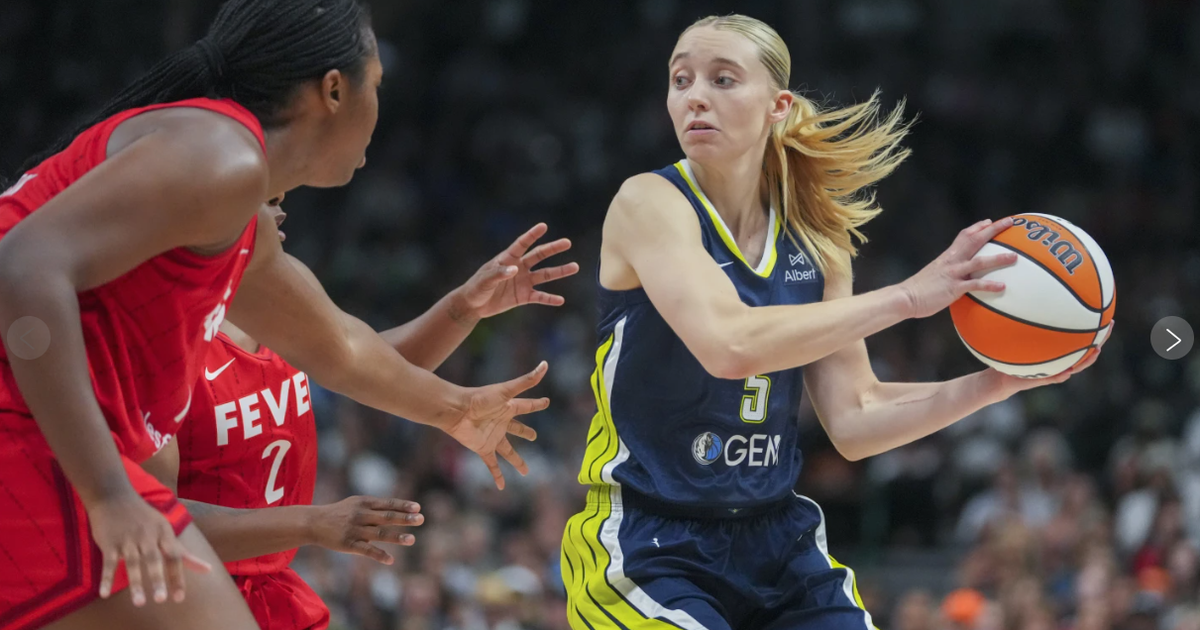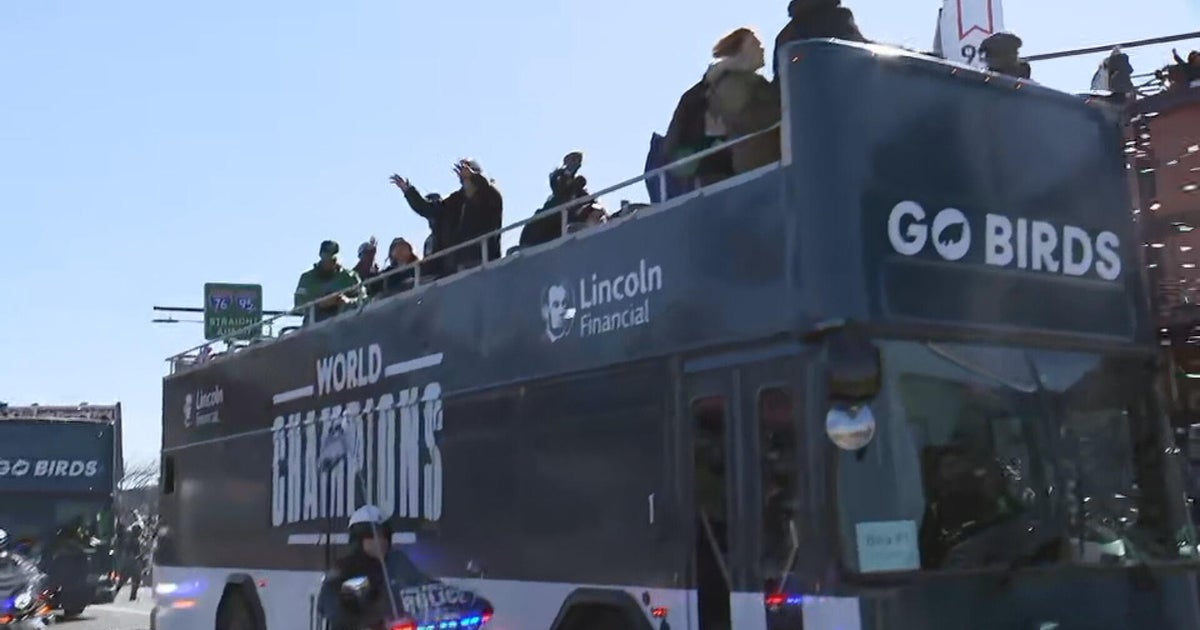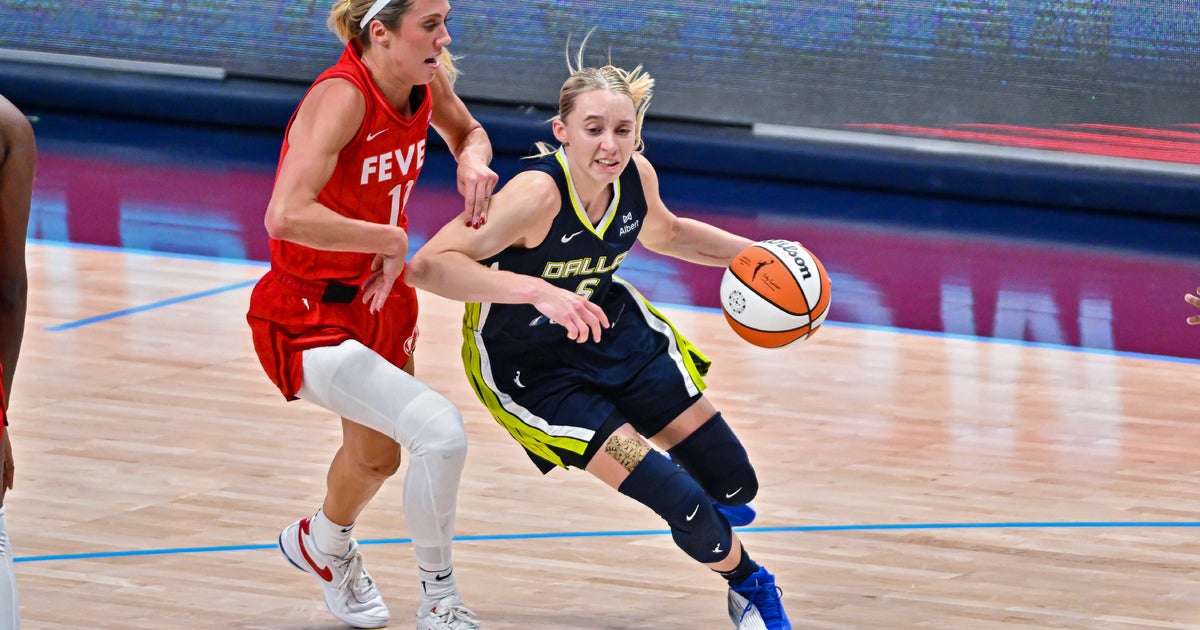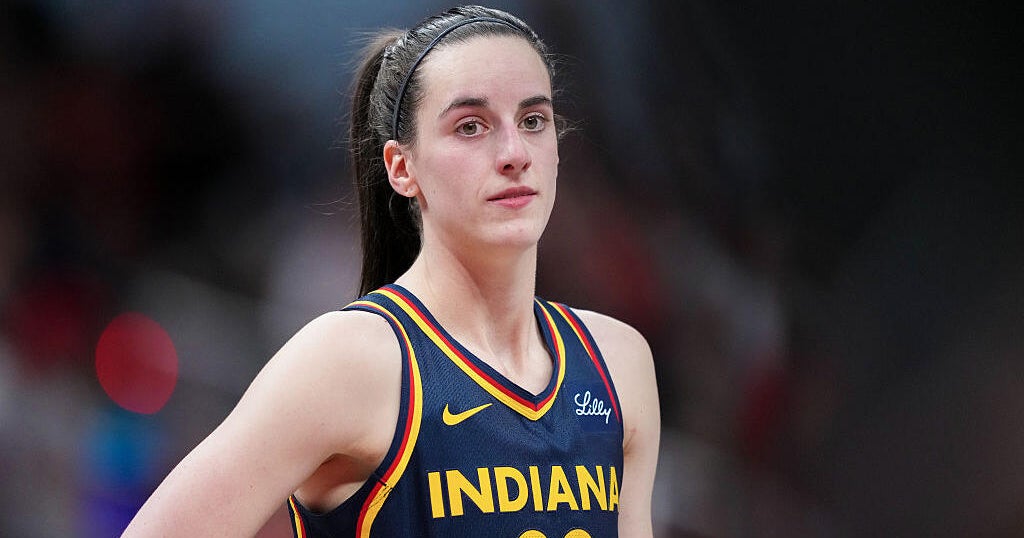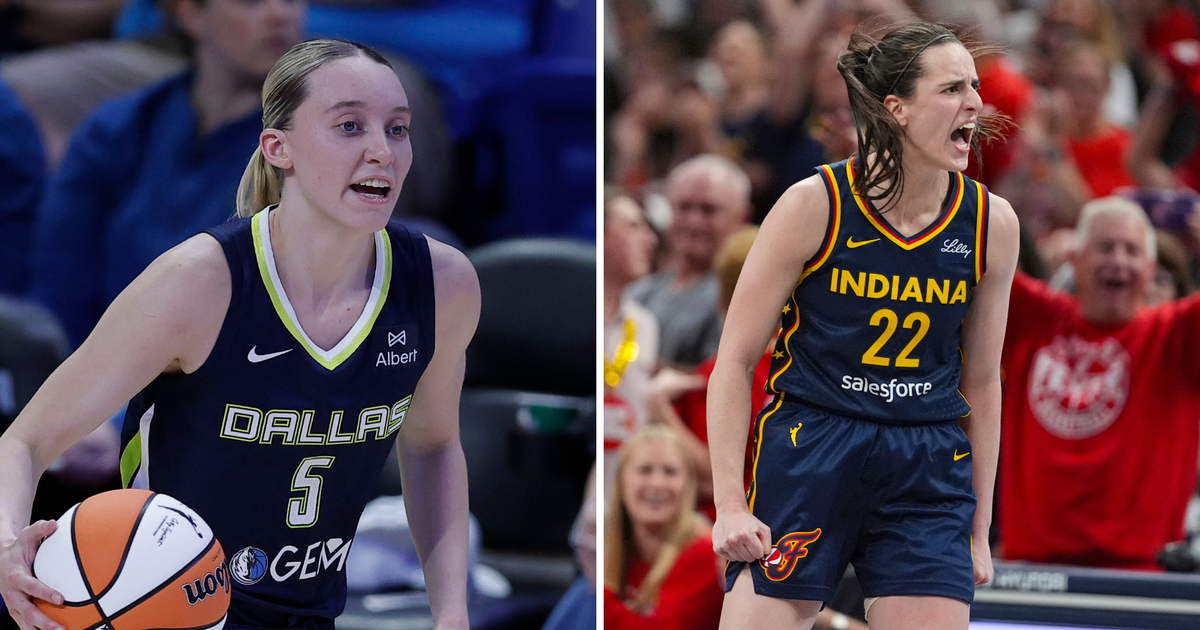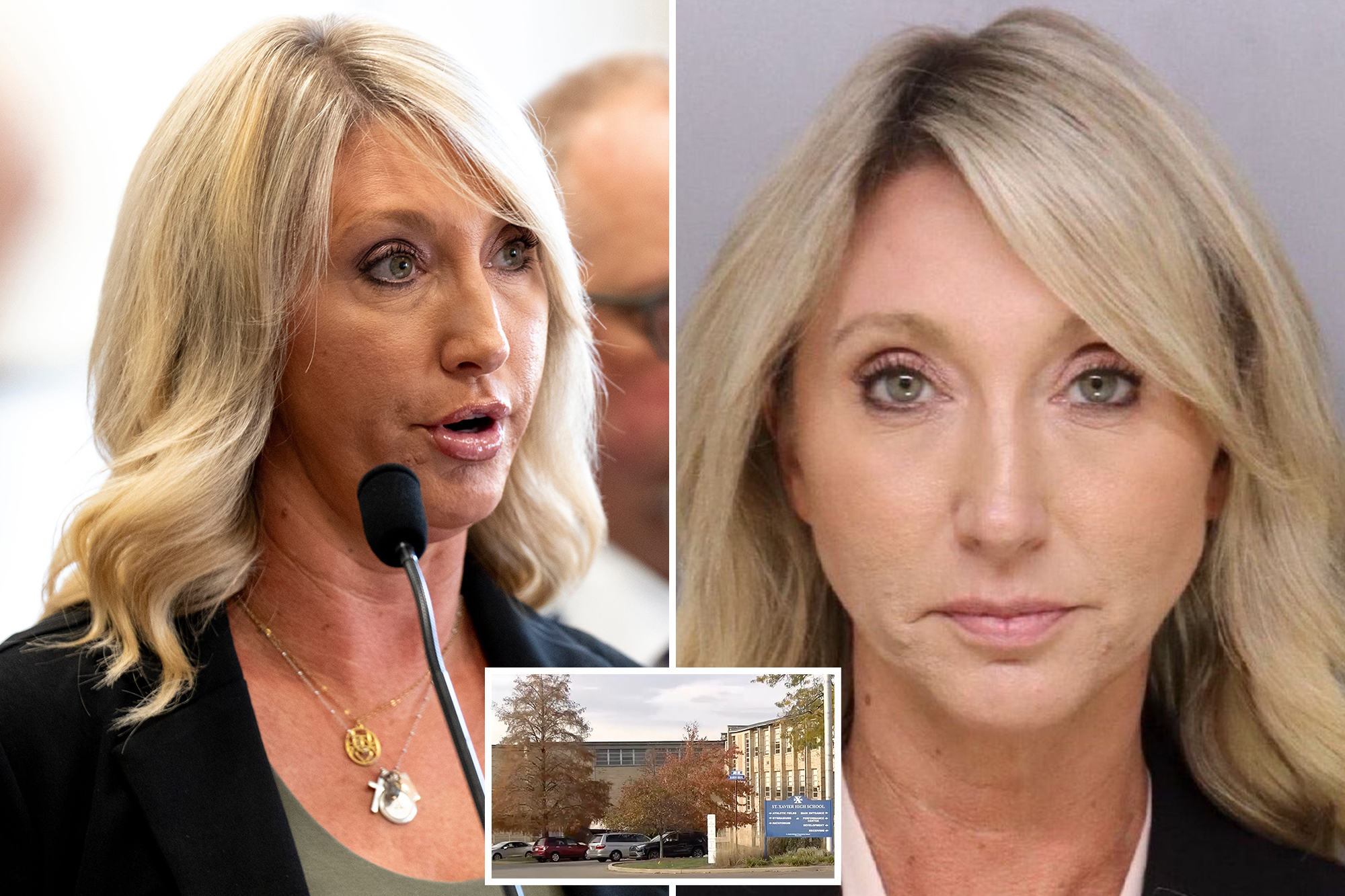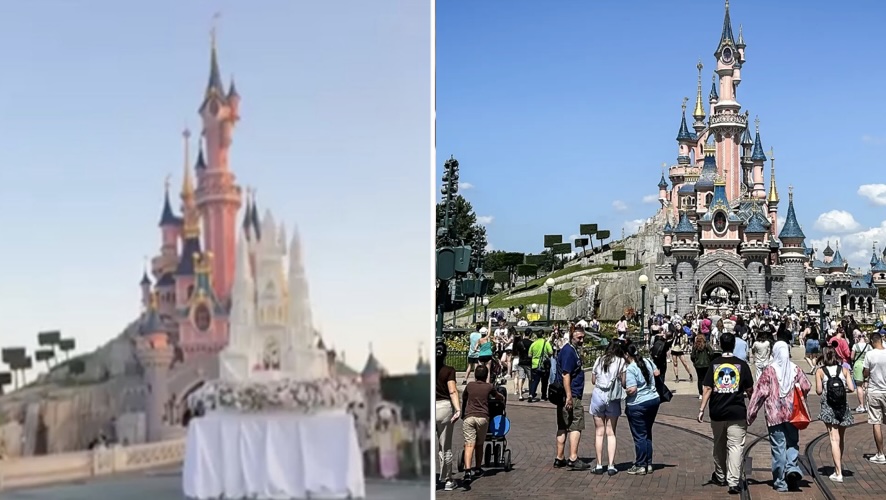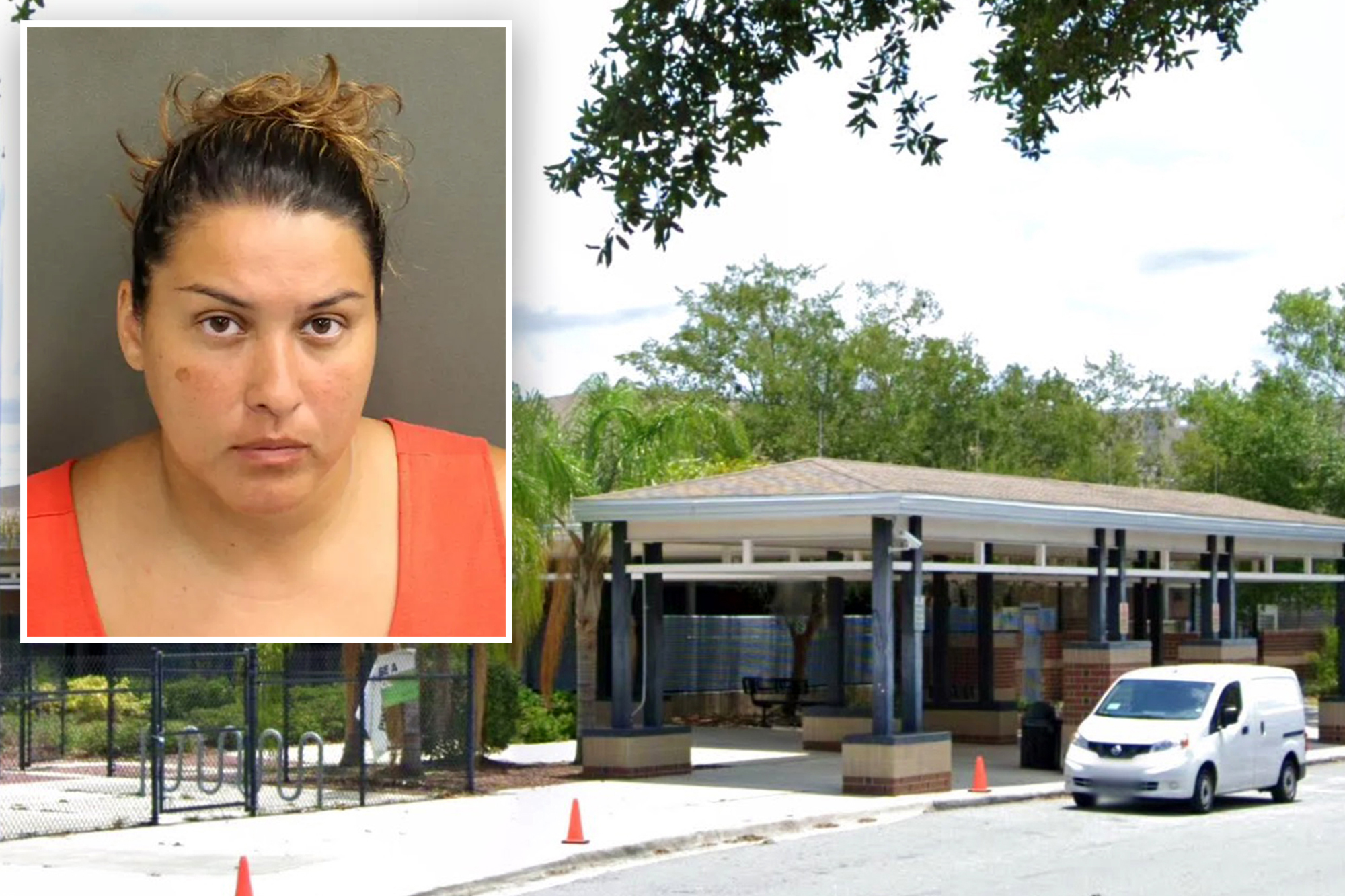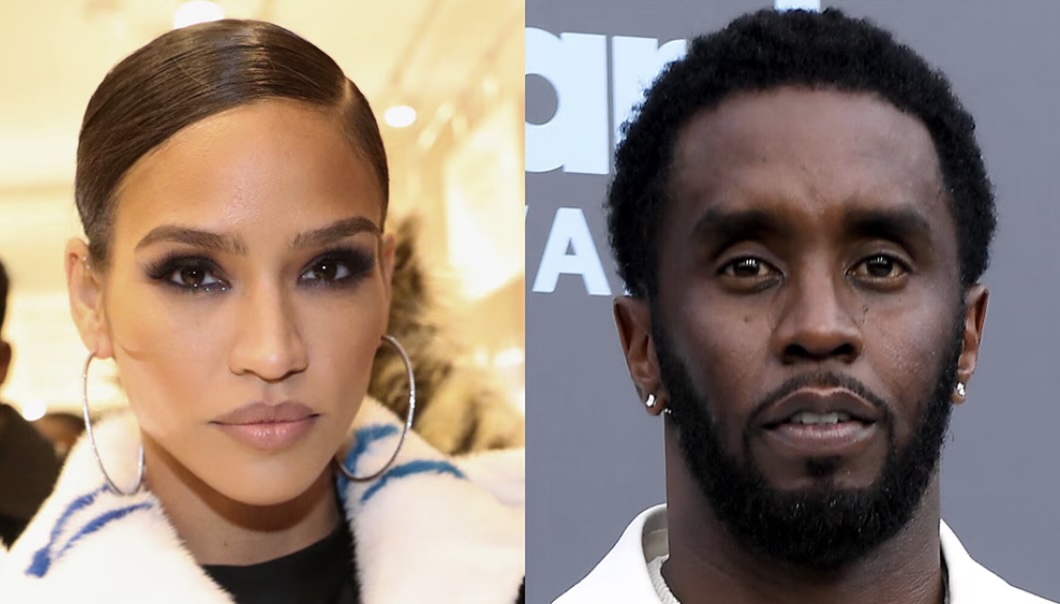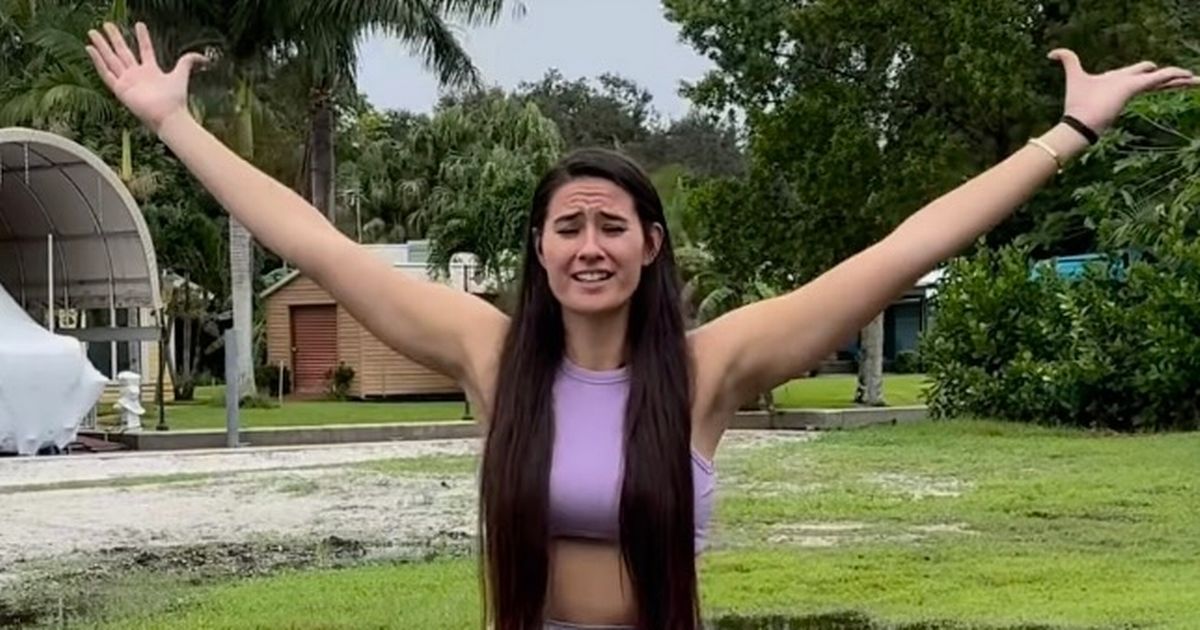WNBA Welcomes Cleveland, Detroit, and Philadelphia as New Expansion Teams
The WNBA is poised to grow to 18 teams within the next five years, with Cleveland, Detroit, and Philadelphia slated to join the league by 2030. Cleveland will kick off its inaugural season in 2028, followed by Detroit in 2029, and Philadelphia in 2030, pending approval from the NBA and WNBA Board of Governors. Next year, Toronto and Portland will also enter the league.
"The demand for women's basketball has never been higher," stated WNBA Commissioner Cathy Engelbert. "We are thrilled to welcome Cleveland, Detroit, and Philadelphia to the WNBA family. This historic expansion reflects our league's extraordinary momentum and the surging demand for investment in women's professional basketball."
Each of the new teams has NBA ownership groups that paid a hefty $250 million expansion fee—approximately five times what Golden State invested for a franchise a few years back. These teams are also committed to enhancing their infrastructure with new practice facilities and amenities.
Nic Barlage, CEO of Rock Entertainment Group and the Cavaliers, emphasized the synergy between existing basketball infrastructures and the new teams. "Extending that into the WNBA is just a natural next progression," he remarked, highlighting the successful strategies and cultures already in place.
Historically, both Cleveland and Detroit have had WNBA teams, while Philadelphia was home to an ABL team. "This is a huge win for Detroit and the WNBA," said Tom Gores, owner of the Detroit Pistons. "Today marks the long-hoped-for return of the WNBA to a city with deep basketball roots." He noted that Detroit played a pivotal role in the league's early growth.
Detroit sports icons Grant Hill, Chris Webber, and Jared Goff will hold minority ownership stakes in the new team. The ownership groups from Cleveland and Detroit are considering names like Rockers and Shock but plan to engage fans in a thorough branding process before finalizing any decisions.
Both teams will utilize existing NBA arenas for their games, while Philadelphia aims to construct a new venue expected to be completed by 2030. "We tell the city it's going to open in 2031," said Josh Harris, Managing Partner of Harris Blitzer Sports & Entertainment. "But we're hoping for 2030." He added that they are managing expectations while planning for potential delays.
The addition of these teams is anticipated to foster natural rivalries, particularly with Cleveland and Detroit's proximity. "I think there's some great historical rivalries in the NBA among these cities," noted Arn Tellem, vice president of the Detroit Pistons. "I would love nothing more than to have a rivalry like we do in the NBA with Cleveland and Indiana."
Other cities that expressed interest but did not secure teams include St. Louis, Kansas City, Austin, Nashville, Houston, Miami, Denver, and Charlotte. Engelbert acknowledged the unexpected demand during the selection process last fall. "Given the very high demand and supply, we wanted to evaluate carefully," she explained.
As the league prepares for a new media deal, Engelbert believes being situated in these major basketball cities will enhance media visibility and attract corporate partners. Metrics such as attendance and television ratings have shown significant growth in recent seasons.
"You're seeing key performance indicators around the business," Barlage added. "The largest growing segment of our Cavs youth academy is girls, growing at a 30% clip year over year in participation rates." He emphasized the importance of creating role models and ambassadors within the community through women's professional sports.

